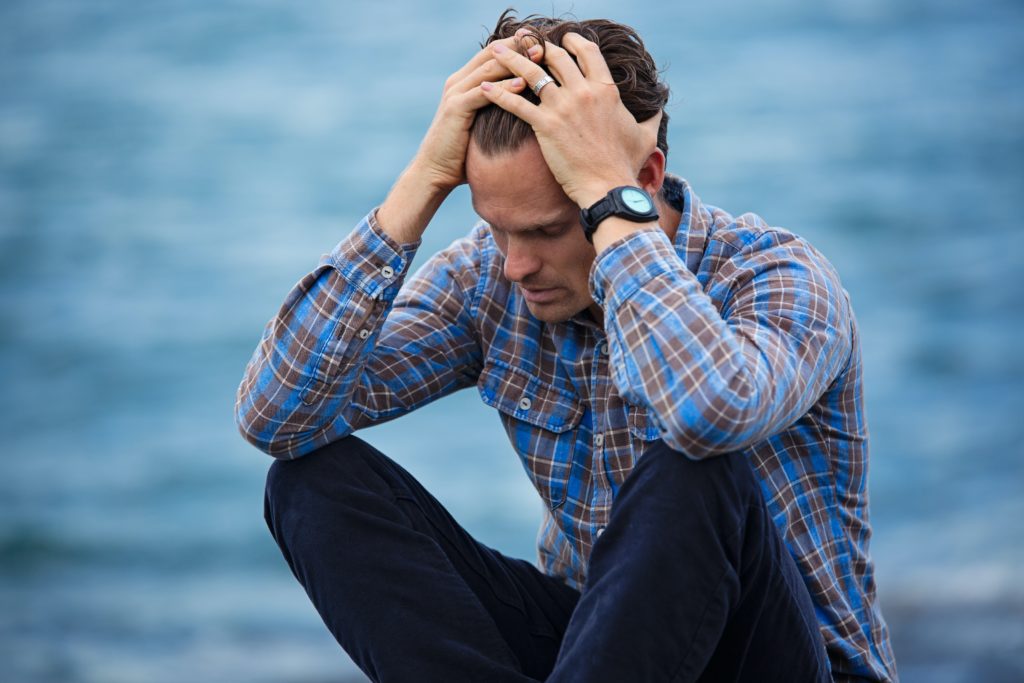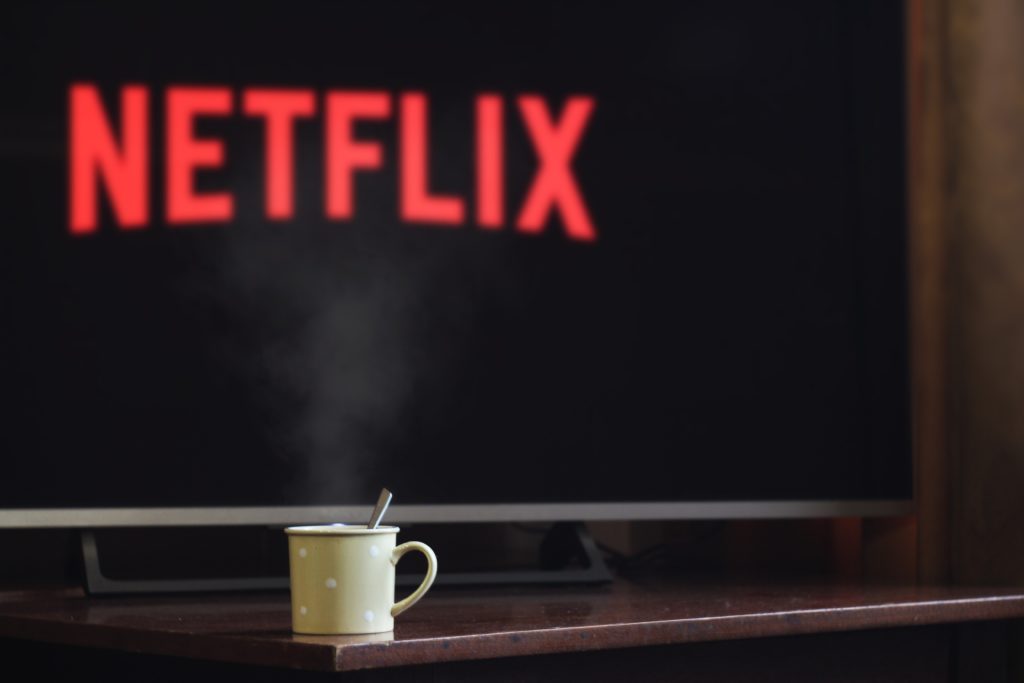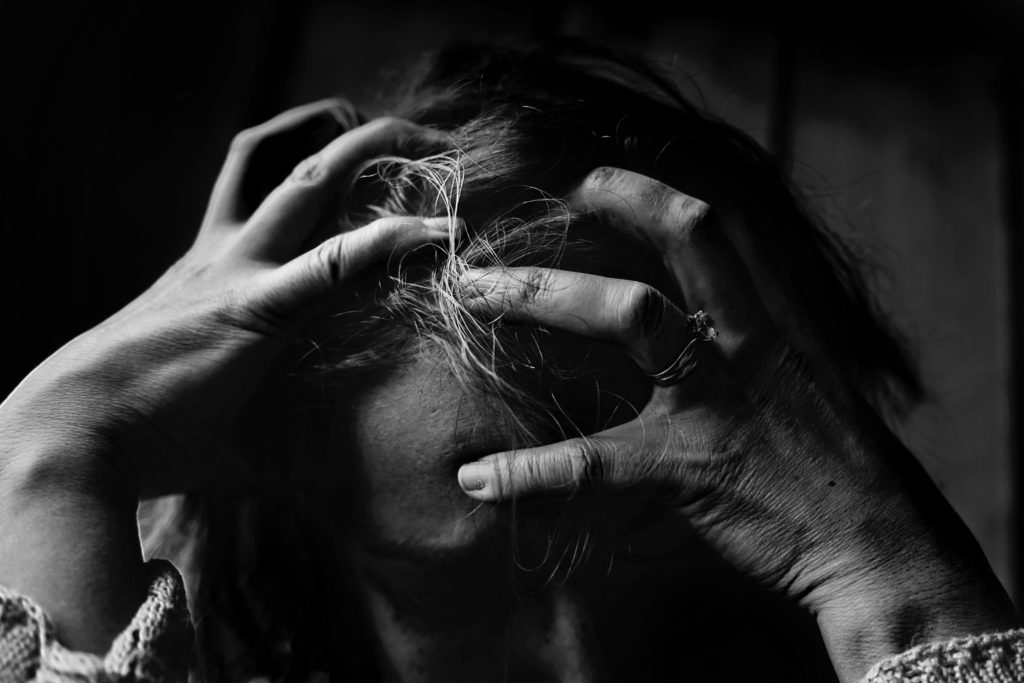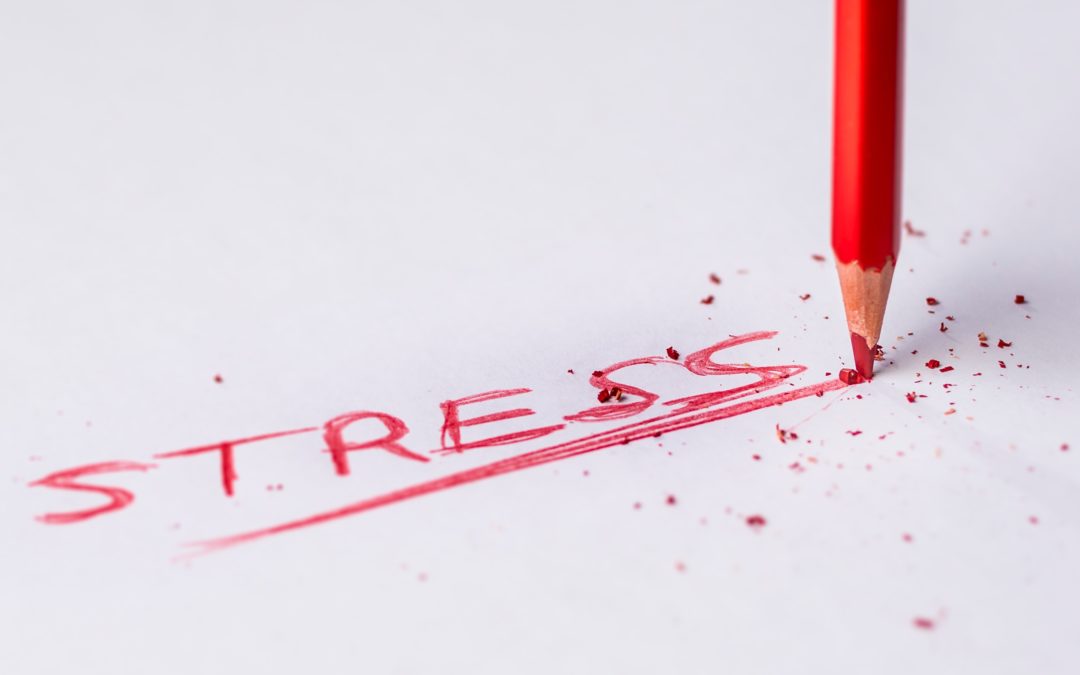Hey, how are you doing lately?
No really, how are you doing? Take a deep breath and check in with yourself.
Are you tense, anxious, on edge? Overwhelmed? Sad? Better than usual? Worse than usual? About the same.
If you are anything like me, you don’t always realize how much emotion is there until you stop and have a moment to yourself, even if it’s short. With two kiddos at home and working full-time and limited childcare, I don’t have much “me time” lately. The other day, the kids were both miraculously asleep at the same time for over and hour and I had time to really think about this pandemic and everything going on. And then I immediately wanted to go back to my distractions.
We may be stressed due to the new realities of busy lives, or coping with financial strain, or any of the other large number of stressors people are dealing with. Or, we might be doing alright in our day to day lives, but feeling tremendous grief or sadness about our loss of normal, or empathy for others and everything the people of our world are going through right now.
During these unprecedented and uniquely challenging times, it is more important than ever that we check in with ourselves, acknowledge whatever emotions are there, and manage our stress to the best of our ability. Because whether we like it or not, chronic unaddressed stress is negatively impacting our health.
How we cope during stressful times

By the end of each day you are craving a piece of cake, an adult beverage, or something else that can help numb your emotions? Based on all the memes I am seeing lately I know I’m not alone in this. Unfortunately (or maybe fortunately), my husband says that “cart space is at a premium” and would not get cake or beer for me on his recent grocery store trips. Fortunately (or maybe unfortunately) I realized you can get these items delivered to your door… but I digress.
Historically, and currently, sales of “quick fix” solutions rise during stressful times like these. Alcohol sales are reported to be up 55% overall and 243% for online sales (Associated Press, 2020) as are sales of shelf-stable comfort foods like Oreos and mac and cheese (Skerritt, Mulvany, & Almeida, 2020).
But these fixes are temporarily and don’t really do much for us over the long-term.
How to know if it is truly a problem?
We joke about these habits with memes and nervous laughter. When asked “how are you taking care of yourself lately?” some patients I talk to laugh and say, “is it wrong to say more wine?” Occasionally to have a drink, or to enjoy some other tasty treat is of course completely fine. But how do you know if it’s truly a problem?
Here are some signs:
- It’s the only way you are coping. If mindless snacking and Netflix is the only thing you are doing for yourself lately, it probably time to re-evaluate.
- It becomes a very regular habit, or starts increasing. Maybe last week you had 1 beer every few nights, and this week you have 2-3 each night. If you find yourself shopping for your 2 weeks worth of beer a few days later, it’s time to take an honest look at your behavior.
- It feels hard to control. When things feel like a conscious choice (I’m going to watch Tiger King with my spouse tonight to unwind), that is very different from binge watching/drinking/eating/shopping, where you feel unable to stop even if you wanted to, or compelled to do something (e.g., buy something out of your budget or that you don’t really need).
- It replaces or leaves you no space to develop healthier alternatives. If all you are doing are more mindless/passive activities to de-stress, you probably aren’t doing yourself any favors. If every night you watch TV and have sweets, or alcohol, you are training your brain to think that you need these things to relax and unwind. Alcohol and sugary foods are already naturally reinforcing, we don’t need to create any additional associations (like doing them while watching TV) that make them even more strongly associated with relaxation. Instead, we want to train the brain and body that it can relax in a variety of different ways, not just one.
Passive versus Active Activities
There is nothing wrong with watching a bit of TV or Netflix to unwind, but have you ever noticed how you feel after watching several episodes? Studies have linked binge watching TV to depression and anxiety (Wheeler, 2005), but did we really need a study to tell us that? How do you feel after a Netflix binge? How about when compared to an activity that requires more engagement, like reading a book?
Passive Activities:

- Watching TV, especially watching endless episodes (e.g., “binge watching”)
- Watching movies
- Scrolling and clicking around social media
- Surfing the internet
Active Activities:

- Reading
- Exercise or yoga
- Doing a puzzle
- Knitting/crocheting
- Some other creative project where you are making something
Active coping is essential, especially during high stress times
My passion is to help people gain control of their eating habits and lose weight. One thing that is almost universally true of people who struggle with stress eating, is that their alternative ways to cope are lacking. If you don’t regularly check in with yourself emotionally and implement activities that give you a sense of enjoyment or relaxation, it’s no wonder you might find yourself eating to cope.
However, even if you don’t struggle with your eating, many struggle with the pull to do something that gives us immediate relief, but is perhaps allowing us to avoid what we really need to do, or feel.
This year Brene Brown started a podcast, and one of her recent episodes talks about grief with David Kessler. They discussed how almost the entire world is grieving to some extent. Grieving the loss of the world we knew, and grieving the loss of normalcy. And grief is painful. So of course we have a desire to do something (eat, drink) to cover it. But like most emotions, grief and other difficult ones demand to be felt and if we don’t intentionally allow ourselves to feel, it will creep up in unhealthy ways.
Reasons we all need a stress management plan now more than ever
- Unaddressed stress is negatively impacting our health. Unfortunately, chronic stress has been shown over and over to negatively impact our immune system and our health (see Glaser & Kiecolt-Glaser, 2005 for a review). Stress has been shown to negatively influence the immune response to vaccines in older and younger adults (Vedhara et al., 1999; Miller et al., 2004). Stress can also re-activate viruses that had been dormant (Padgett et al., 1998).
- If you can do it now, you can do it long-term. If you can find ways to implement a stress management system now, it will serve you well beyond this Covid-19 pandemic.
- This pandemic is a marathon, not a sprint. We must pace ourselves, learn to check in regularly, and learn to adjust as needed. When you have a spare moment, it is important to work on ensuring you have effective coping mechanisms, because it becomes much harder to implement a stress management plan in times of crisis. Our brains revert back to old methods, unless we have been intentional and set up new practices.
Worried about having time or energy to focus on it?
I have good news, this does not have to be excessively time consuming. Some people have more time on their hands right now. But some people, like myself, are working full-time and caring for children at home, and time is a very limited resource. But that does not mean you cannot work on self-care and stress management, and in fact it’s essential that you do so, for your own well-being and the well-being of those around you.
You do not need to implement a multi-faceted plan, but instead just commit to doing a little bit each day, and gradually building.
Introducing your Science-Backed Stress Management Series

For all of these reasons, The Science of Wellness (well, me) brings you this Stress Management Series, for anyone and everyone who needs help with practicing new and better ways to identify and cope with stress.
So… everyone.
This series will cover:
- How to evaluate how you are spending your time
- Deep breathing and relaxation training
- Guided imagery (including some cool research on overcoming food cravings with this, and my experience using this to give birth without pain medications)
- Mindfulness meditation
- Physical exercise or other movement based relaxation
- Gratitude and giving support
Getting Started: What are your “red flags”?

To get started, take out a piece of notebook paper and write down answers to the following:
- Check in with your mind. Are you having racing thoughts, worry, difficulty concentrating or are you feeling down or blue? Are you feeling numb to your emotions? Disconnected from other’s emotions?
- Get in touch with your body. Are you tense or tight in certain areas? Are you having headaches, stomach tension, or other physical symptoms of stress?
- What about your emotions? What emotions have you been feeling most? Overwhelm? Anxiety/fear? Irritability? Sadness? Boredom? Grief?
- Check out your behavior patterns. How are you coping? Are you keeping up with a routine? Getting dressed and ready for your day? My cousin recently shared a “scorecard for quarantine” where you get a point for various normal things like brushing your teeth, showering, putting on pants with a non-elastic band, etc. Lets just say, my score could have been higher… If you aren’t getting ready, how is it impacting your stress level? I for one love working from home in leggings, however, when I don’t shower, it makes me feel much worse.
The more often you can do this, the better. Checking in with yourself allows you to get used to doing so, so you can catch stress earlier rather than later, when it’s more detrimental and harder to reign in.
Next Steps

Now, write down 1-2 things you will do for yourself in the next two weeks. This can be as simple as closing your email for 5 minutes and doing a breathing exercise, or calling a loved one. Comment below or send me a message with what you plan to do!
Then stay tuned for more science-based ways to reduce your stress and maximize your health!
References
Associated Press. (April 2, 2020). U.S. online alcohol sales jump 243% during coronavirus pandemic. Retrieved from https://www.marketwatch.com/story/us-alcohol-sales-spike-during-coronavirus-outbreak-2020-04-01?mod=article_inline on April 16th, 2020.
Glaser, R. & Kiecolt-Glaser, J. (2005). Stress-induced immune dysfunction: implications for health. Nature Reviews, 5, 243-251.
Miller, G., Cohen, S., Pressman, S., Barken, A., Rabin, B., &Treanor, J. (2004). Psychological stress and antibody response to influenza vaccination: when is the critical period for stress, and how does it get inside the body? Psychosomatic Medicine, 66, 215-223.
Padgett, D. A., John F. Sheridan, J. F., Dorne, J., Berntson, G. G., Candelora, J. & Glaser, R. (1998). Social stress and the reactivation of latent herpes simplex virus type 1. PNAS, 95, 7231-7235.
Skerritt, J., Mulvany, L., & Almeida, I. (March 21, 2020). Americans Drop Kale and Quinoa to Lock Down With Chips and Oreos. Retrieved from https://www.bloomberg.com/news/articles/2020-03-21/americans-drop-kale-and-quinoa-to-lock-down-with-chips-and-oreos on April 16th, 2020.
Vedhara, K., Cox, N. K., Wilcock, G. K., Perks, P., Hunt, M., Anderson, S., Lightman, S. L., & Shanks, N. M. (1999). Chronic stress in elderly carers of dementia patients and antibody response to influenza vaccination. Lancet, 353, 627-631.
Wheeler, K. S. (2005). The Relationships between Television Viewing Behaviors, Attachment, Loneliness, Depression, and Psychological Well-Being. Retrieved from https://digitalcommons.georgiasouthern.edu/cgi/viewcontent.cgi?article=1142&context=honors-theses on April 28th, 2020.

Great tips!